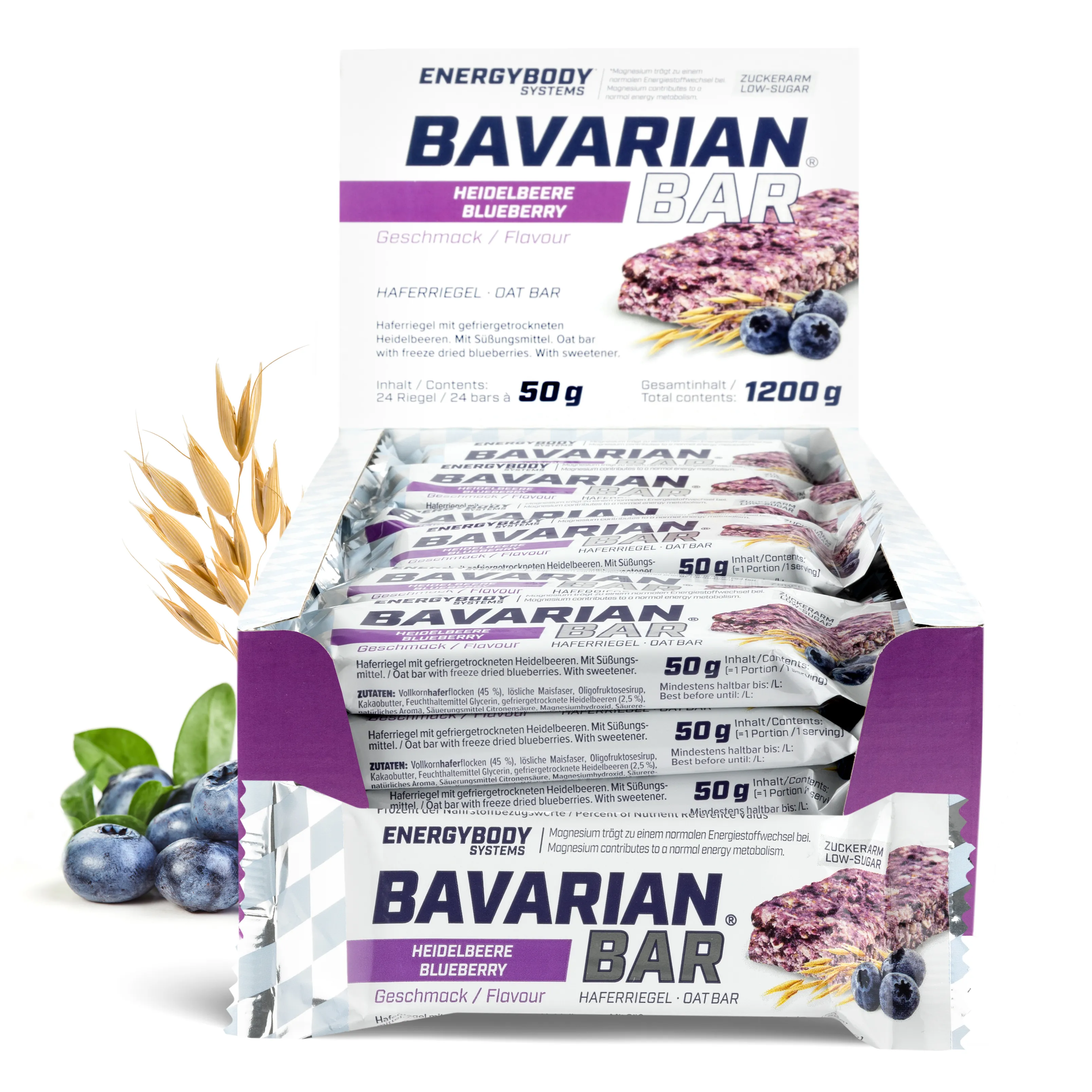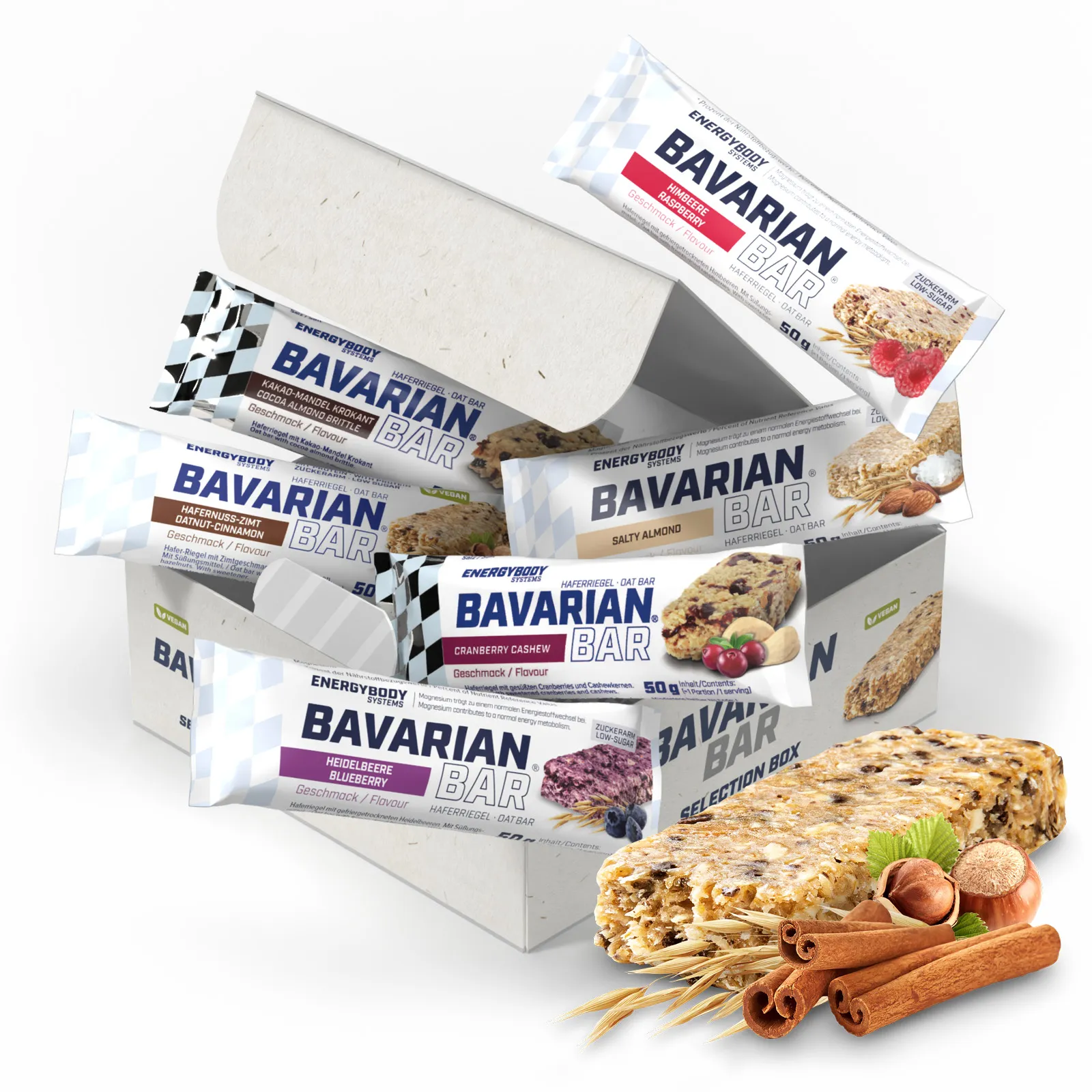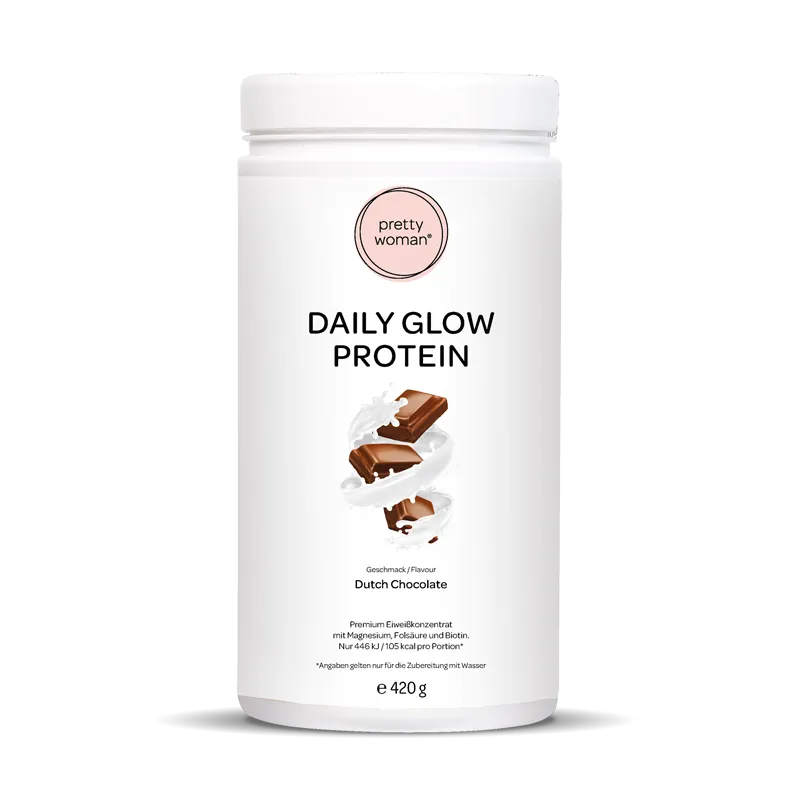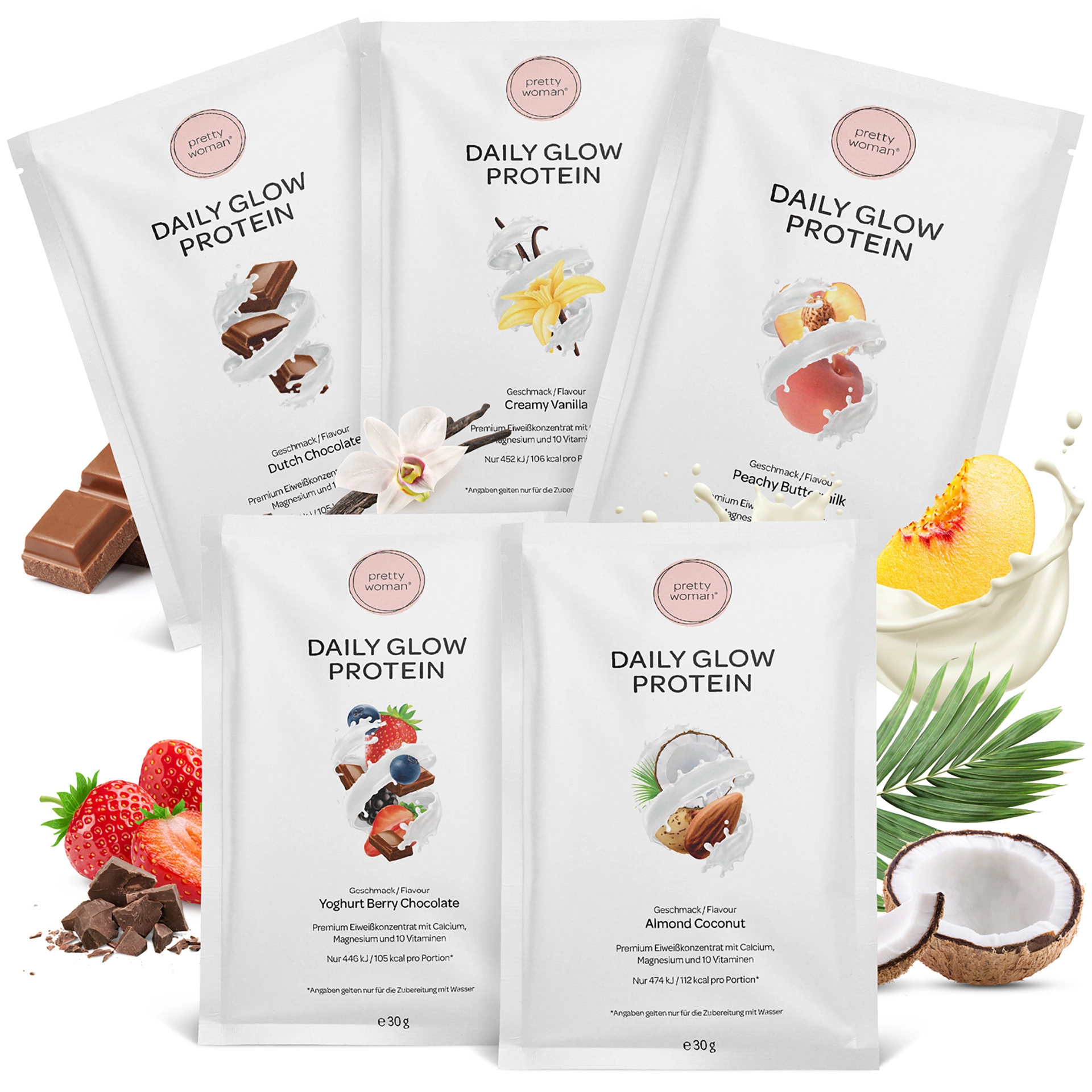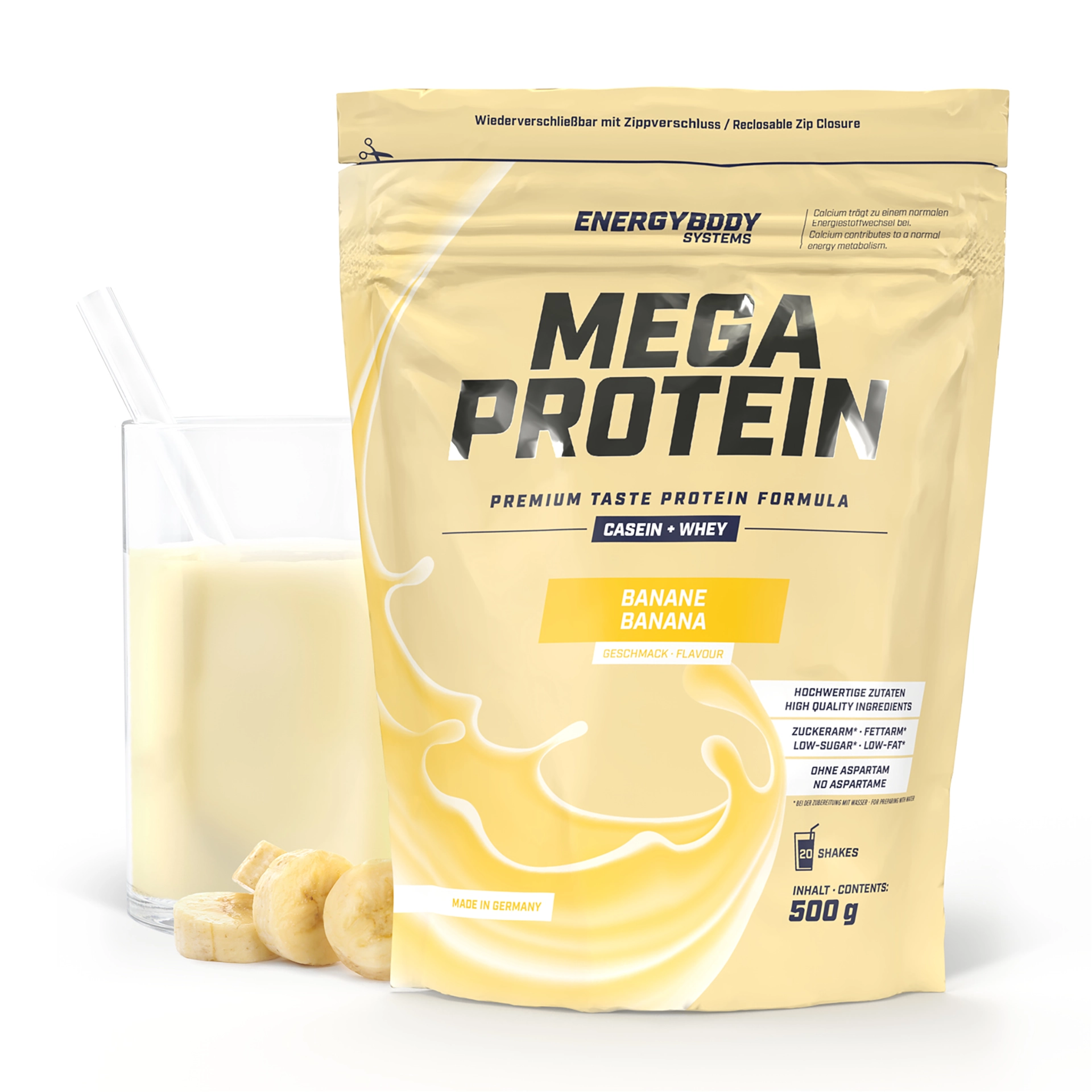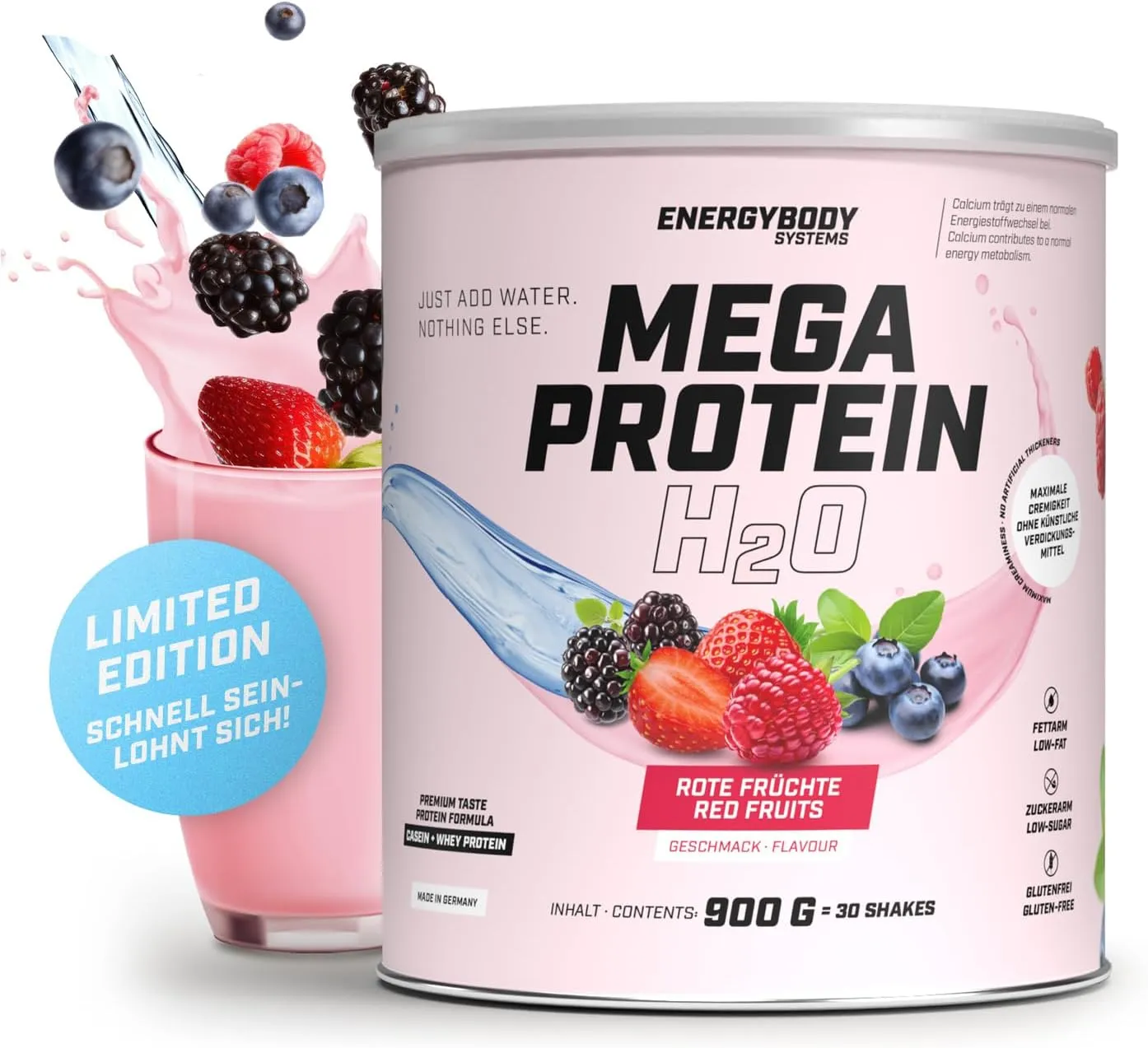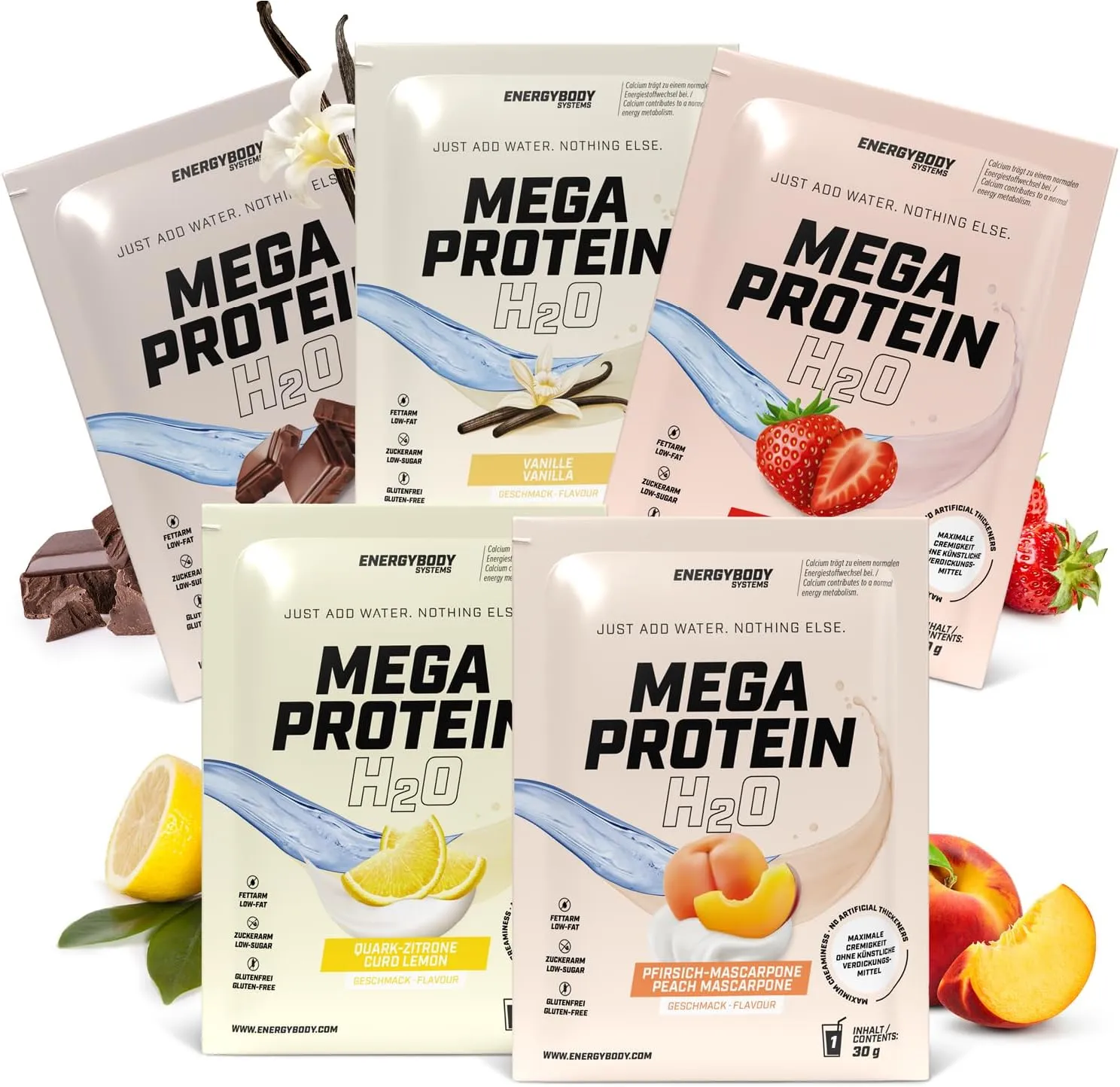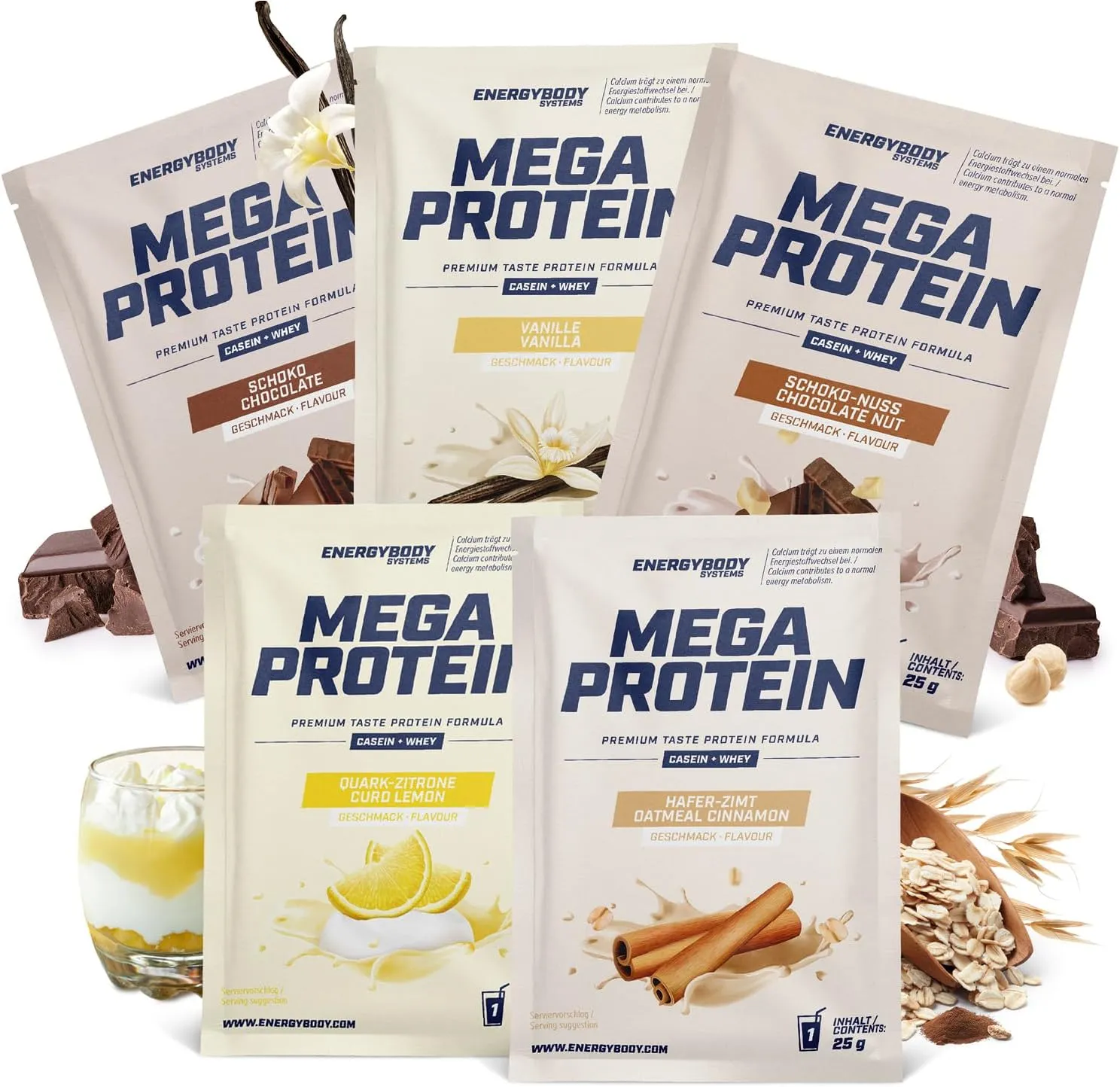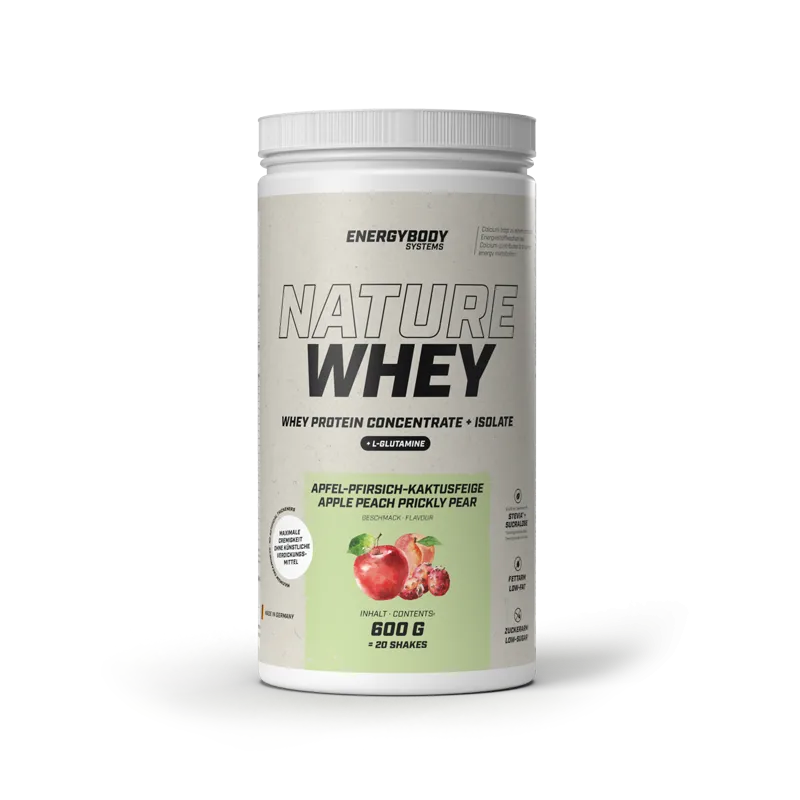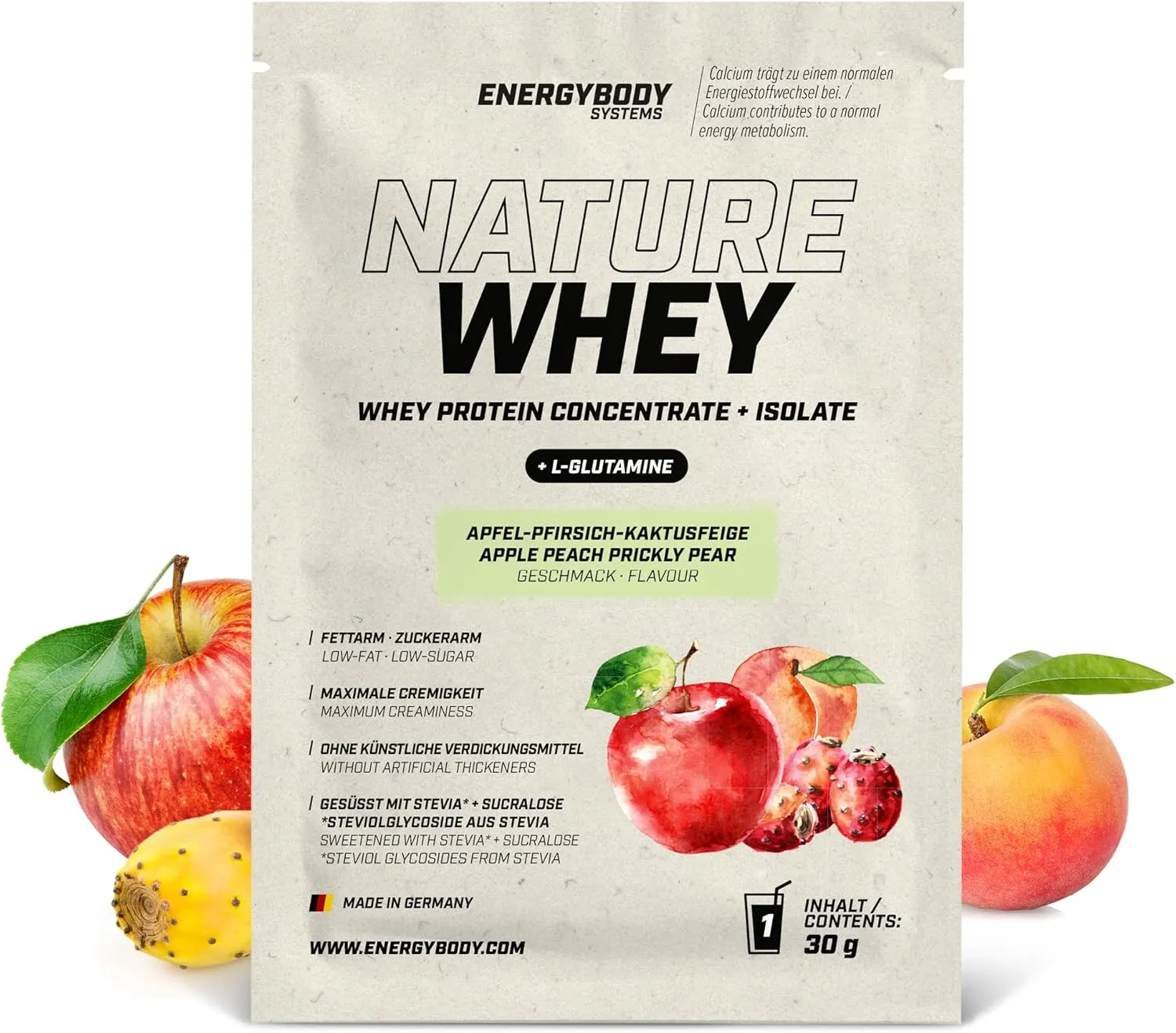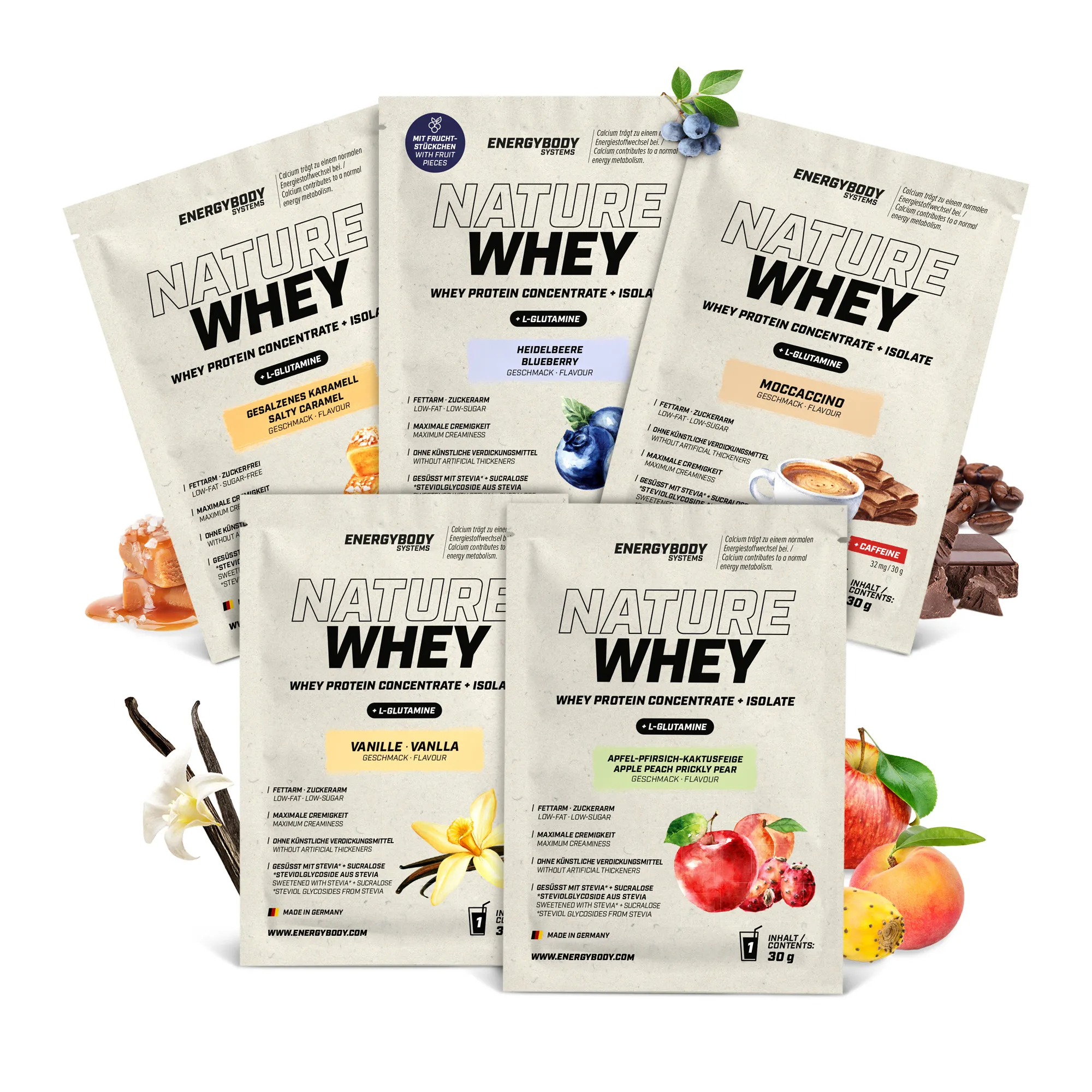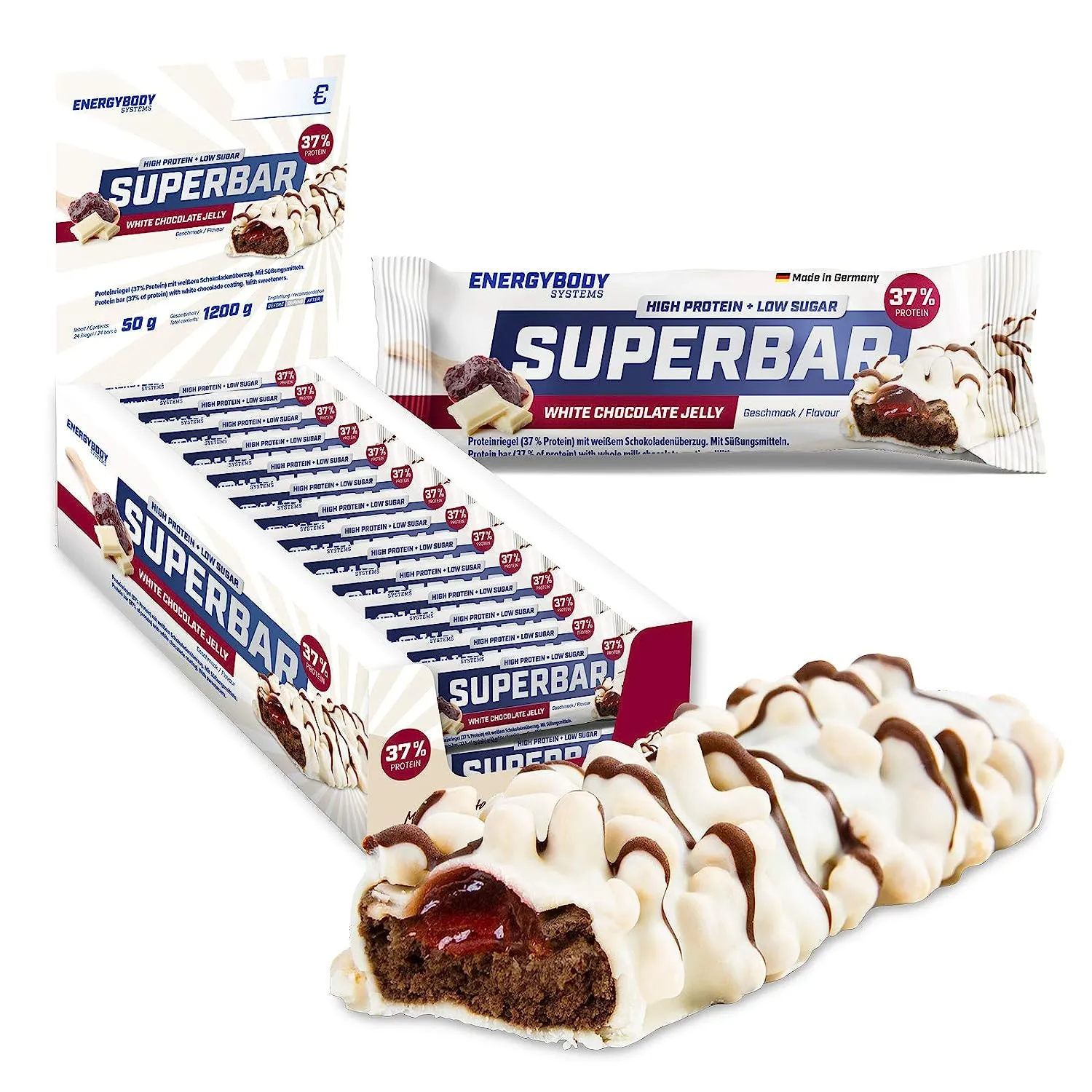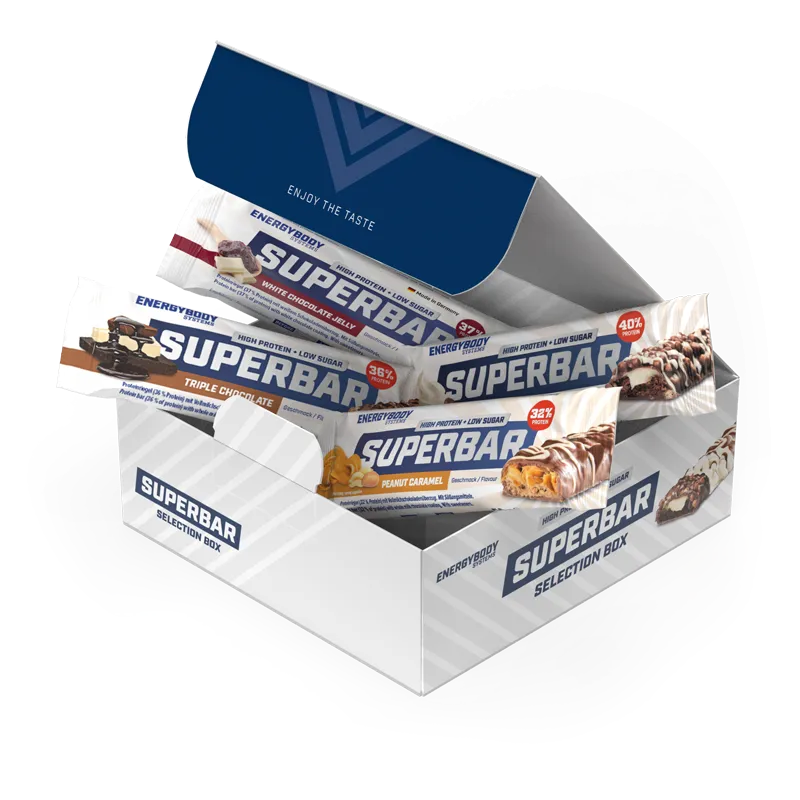Topseller
Content: 0.9 kilogram (€49.94* / 1 kilogram)
Content: 0.6 kilogram (€58.32* / 1 kilogram)
Content: 0.03 kilogram (€66.33* / 1 kilogram)
Frequently asked questions about dietary supplements
Do I really need dietary supplements for a positive effect during and alongside sport? Can't I cover my energy requirements with proteins, minerals and/or vitamins through my conventional diet, i.e. through nutrients and ingredients in various foods?
We hear these two questions very often from athletes, especially fitness athletes. The answer to this cannot be summarised in such general terms. However, in order to explain to you when nutritional supplements can be useful for you during and alongside sport and when you should take which supplement, we have summarised these questions below:
The nutritional supplement guide for fitness athletes?
The most common dietary supplement with its many ingredients and nutrients that you see in fitness sports is the classic protein shake. What used to be the exclusive preserve of fitness freaks and health enthusiasts has now proved popular with almost all age groups and fitness athletes. And for good reason.
Because protein shakes provide you with important building materials and energy after exercise thanks to their ingredients. Not just for your muscles. This dietary supplement is also useful for your skin, hair, nails, hormones and much more. This is why a protein shake after sport and in your diet helps to accelerate regeneration alongside conventional foods and to get you fit again more quickly.
However, not all proteins are the same. There are definitely differences. Your egg white shake can be made from milk protein or whey protein, for example. But there are also excellent vegan protein shakes that fulfil all the quality criteria of good protein shakes.
Milk protein or whey as a dietary supplement?
Generally speaking, milk protein consists of two different components: Casein and whey protein. Whey protein is usually also known as whey protein. 20% of the protein in milk consists of whey protein. The remaining 80% is casein.
Casein is a protein that is digested very slowly by our gastrointestinal tract. A protein shake with a high casein content provides your body with protein for several hours. It can easily take six to eight hours between drinking a pure casein shake and complete absorption in the intestine. Casein is therefore usually referred to as a slow protein and is particularly recommended in the evening before going to bed.
A whey protein shake is the exact opposite. It is absorbed very quickly by the body and a large proportion of the protein is already in our bloodstream 30-60 minutes after drinking it. Especially in the morning and after training, when we either haven't eaten for a long time or our muscles are literally waiting for building material, it makes sense to consume a whey protein shake.
Compared to a protein shake made from casein, the whey protein shake remains very fluid and is easy to drink. It also tastes great when dissolved in water.
Vegan protein shakes as a dietary supplement
Vegan protein sources often have a problem: on their own, the quality of the proteins is often inferior. This means that our bodies are not fully supplied with all the essential amino acids. BCAAs in particular play an important role here for athletes.
Amino acids are the building blocks of proteins. There are a total of 21 amino acids that we consume through our diet and from which our body can form the structures already mentioned. Eight of these amino acids are essential. This means that our body is dependent on a sufficient supply through our diet.
Whey protein shakes and casein contain all eight essential amino acids. Whey protein even contains a particularly high concentration. Unfortunately, this is not the case with vegan proteins. They usually lack one or two of these essential amino acids, which is why the quality rating of these vegan proteins tends to be lower.
However, this does not mean that vegan proteins cannot be helpful and of high quality. On the contrary. You just have to know how to mix the protein sources sensibly so that the respective weaknesses of the individual protein components are balanced out. Then vegan protein shakes even have the advantage of having a higher concentration of essential amino acids than some milk-based protein shakes.
Essential amino acids in food supplements
If you want to be on the safe side, you should take a closer look at the topic of essential amino acids and use an appropriate dietary supplement.
When selecting food supplements based on essential amino acids (EAA for short), care should be taken to ensure that all eight EAAs are actually included. BCAA in particular play an important role here. These are three amino acids that are used almost exclusively for building and regenerating muscles.
Good EAA products are characterised by the fact that they contain around 2.5g to 3g leucine and 1g to 1.5g each of isoleucine and valine per serving. This is the amount required to optimise muscle building.
BCAA
Branched-chain amino acids (BCAA for short) are amino acids that are generally used by performance-oriented athletes in their diet - or to enrich low-protein meals or to optimise the quality of protein shakes with a low proportion of these amino acids.
If you are on a calorie-reduced diet and want to ensure that you really only burn fat during exercise and not the hard-trained muscle mass, you can consider drinking a BCAA drink during training. As muscle protection or insurance for your own muscle mass, so to speak.
Food supplements based on amino acids
Of course, there are also amino acid products based on a complete spectrum of amino acids. This means that, unlike essential amino acids (EAA) or branched-chain amino acids (BCAA), they contain not only selected amino acids, but all 21 amino acids that our body needs to build muscle, for example.
Such amino acid supplements are very similar in character to a protein shake - but can be absorbed by our body much more quickly. So the time factor plays a role here.
If you find it difficult to drink a whole protein shake after training or sport, highly concentrated amino acid products can provide a remedy.
Protein bars
Protein bars are another way to quickly provide a good load of protein after sport. So if you prefer something to bite into, protein bars are the right choice. Low carb bars in particular have the advantage of having a very low sugar content. The carbohydrate content is also generally rather low.
As a result, blood sugar levels remain stable, the calorie content is low and low carb protein bars can also be an ideal substitute for sweets. Conventional chocolate bars are therefore increasingly losing their raison d'être and fitness athletes don't have to do without anything thanks to the tasty protein bars.
You can find more information on healthy nutrition during and alongside sport in our shop.

